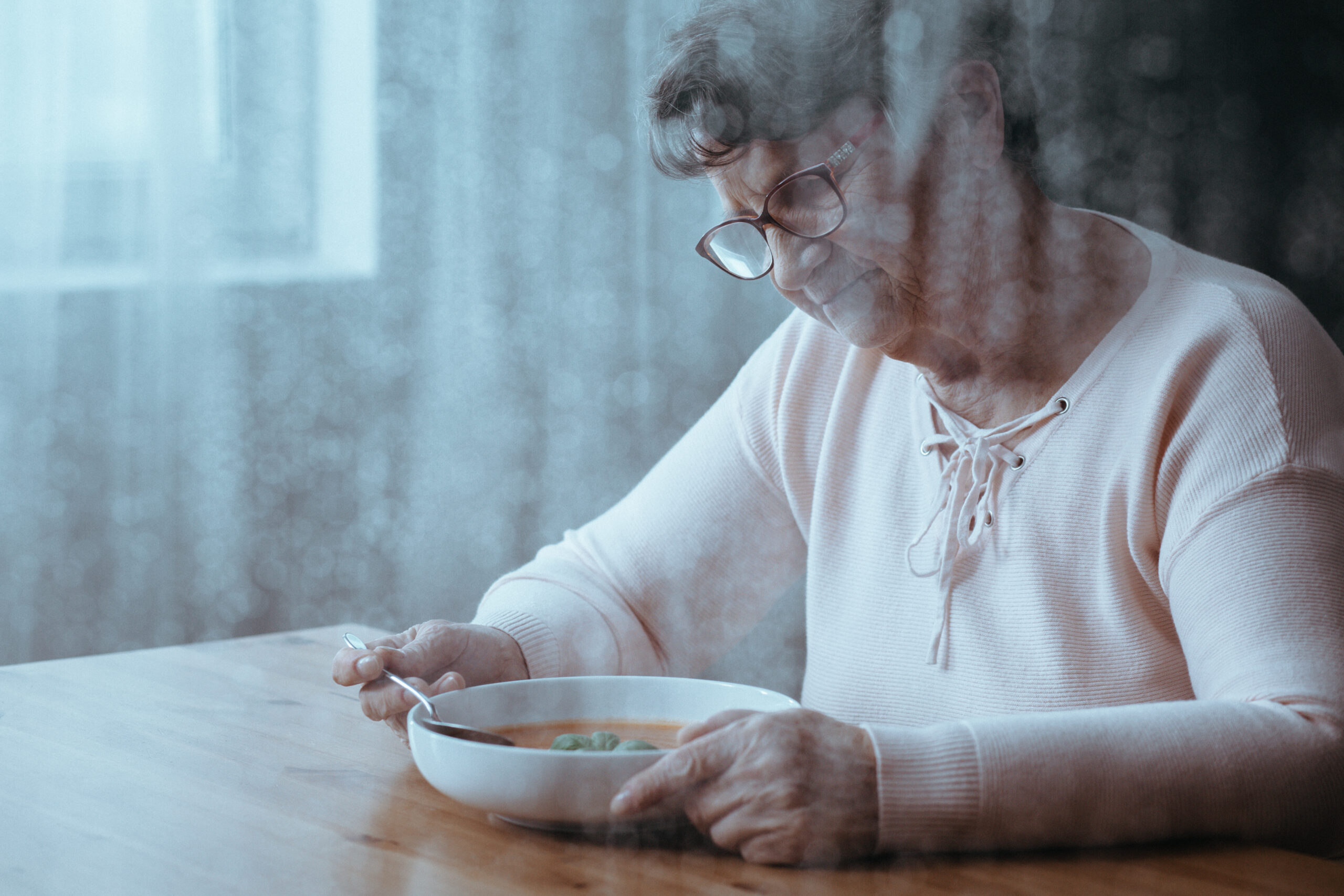Folks, we need to talk about burnout.
Lately, it’s been a constant feature in my newsfeed. See here and here and here.
Once upon a time most often an individual condition, it seems as though there is now a collective exhaustion that no amount of mindfulness or employer sanctioned lunch time yoga classes can reverse. (That is of course if you’re lucky enough to have time for a lunch break in the first place…)
Of course, not everyone can afford to just up and leave their jobs to deal with burnout. Others are simply engaging in what is now called ‘quiet quitting’. That is, you’re not actually resigning, but just ditching the hustle mentality that used to see us going above and beyond of what was expected.
So with that as our backdrop, let’s take a look at some recent academic research in this area.
First, let’s shine the spotlight on those who look after others, as they are often the ones who are most heavily impacted.
In ‘Burnout and Physician Gender: What Do We Know’ (Medical Care, 2021), Hoff and Lee conducted a systematic review of extant literature to investigate physician burnout as it relates to female physicians in particular. Their review supported the notion that while both female and male doctors experience high levels of burnout regardless of their workplace, clinical specialty, workload or age, women had a higher likelihood of experiencing it – particularly with respect to the emotional exhaustion dimension.
And what about those gendered differences in medicine? Writing in the The American Journal of Surgery (2022), Mete et al. summarise the many ways in which female physicians are still disadvantaged:
“Despite efforts to improve equity in the workplace, women surgeons continue to experience professional barriers including gender discrimination, disparities in pay and other resources, and identity-based mistreatment. Non-male physicians experience more harassment discrimination and abuse throughout the arc of their careers, even more-so if they are from a sexual, racial or ethnic minority. Female physicians are subject to inequities in recruitment, promotion and retention. At the same time, female physicians are more likely to practice medicine in ways that increase quality of care despite financial disincentives.”
Female physicians also report significantly higher levels of stress and anxiety, more likely to experience sleep deprivation, and spend more time than their male counterparts on household duties and childcare.
Sound familiar?
Now, we all know that being treated differently and not getting enough sleep is likely to negatively affect one’s wellbeing. That’s kind of a non-brainer. However, as the authors note, we have a limited understanding of how these factors interact.
Digging deeper into the gendered differences in physician burnout among male and female general surgeons, the authors discovered that female surgeons reported a lower sense of control over their schedules, and had significantly lower levels of professional fulfilment.
The bigger question then is: What can be done about it? Firstly, it’s important to note that this was a one-off survey, and longitudinal research is needed to establish a causal relationship. However, some conclusions and recommendations can be made based on what we already know.
As the authors note, workplace gender bias is the biggest contributor to female physicians’ career satisfaction. As such, organisations should look beyond burnout measures, and develop strategies to address any existing gender biases. In addition, while burnout exists independent of the individual’s caregiver status, adopting organisational strategies which allow for greater sense of control over their schedule may help alleviate the stress of those who juggle with the work/life balance.
In other words, organisations can and should establish initiatives aimed at “just and unbiased treatment, physical and psychological safety, fair pay, and equitable advancement opportunities”. Add to that interventions to increase workplace flexibility in scheduling work hours, and we would already be making significant progress.

Emma, who has suffered severe burnout in the past, runs ‘The Carers Club’ – a community where all carers are welcomed and support each other. Picture: Supplied
In a recent episode of the Academy of Social Science’s podcast, Seriously Social, the founder of the Black Dog Institute, Professor Gordon Parker, explains what burnout is, why it’s often misdiagnosed, and which personalities are most at risk of experiencing this syndrome which can impact our relationships, personality, and brain function.
One of the most interesting things Professor Parker says is that it’s often diligent women who suffer burnout.
“The key personality style is being dutiful, and reliable, and conscientious,” he says, “It’s commonly reported by people who are in caring positions at home, and obviously more likely to be women rather than men who are caring for children, particularly children with disabilities or frailties. And/or parents who might be dementing and have high demands.”
He says that until now, burnout has been associated only with formal employment. But it’s prevalent “..in those who are not formally employed, and that’s also been minimised in the literature.”
Emma, a bereaved carer and mum of three (pictured above) also shares her personal story of burnout in the pod: “You’re on autopilot, but your brain’s got no room left to put anything else into it. Way more cranky, way more impatient. Snappy. That’s definitely what happened to me.”
Listen to the pod here:
Lastly, let’s take a look at the insidious topic of gender-based harassment in the workplace. As Hashmi et al. note, “gender harassment leads to burnout causing emotional exhaustion, depersonalisation and reduced personal accomplishment among the victims” (Gender in Management, 2022).
Now, first and foremost, we need to underscore the fact that it should never be the individual’s responsibility to cope with what is essentially a total structural and cultural failure to protect the citizens. However, the society will not be changed overnight, and therefore we here at the BroadAgenda HQ decided to highlight this study on the interactive effects of sexual harassment and psychological capital on victims’ burnout.
The authors collected data from 304 female employees in the information technology in Pakistan, and found that greater levels of psychological capital “helps victims cope with these adverse effects of gender harassment.” To be clear, the authors do note that managers need to devise effective policies to combat harassment.
However, they also argue that “managers need to boost the psychological capital of female workers” – which leaves us feeling slightly uneasy. Coping strategies are of course necessary while this behavior is still prevalent, but at the same time, it begs the question: Why do women still need to learn to ‘cope’? Why don’t we teach people not to harass others based on their gender in the first place?




